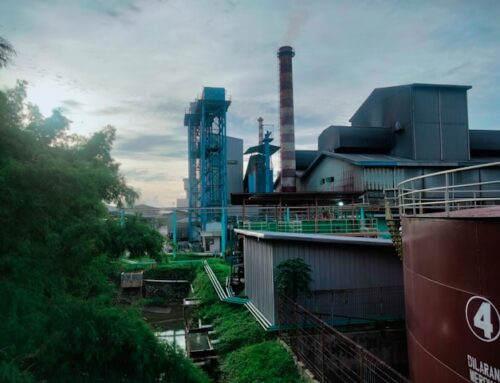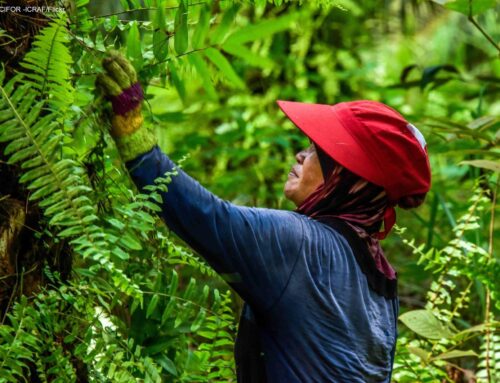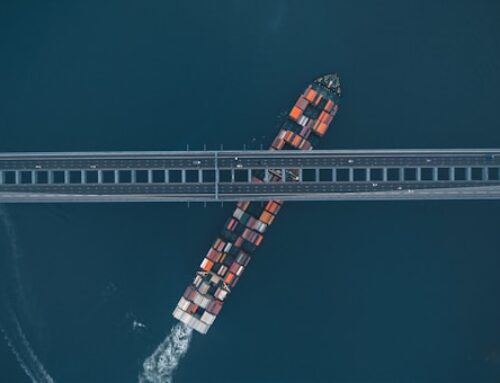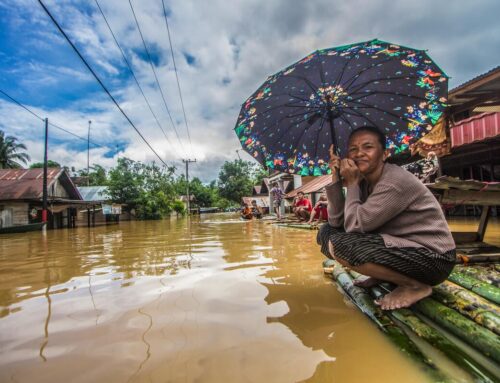This study explores how climate change affects agriculture in Ambarawa, Central Java, a region prone to irregular rainfall and flooding. We surveyed 270 farmers in the study area to gauge their willingness to participate in climate change mitigation efforts and the impact of social capital on their decisions. Farmers were presented with the option to contribute a predetermined amount of money towards climate change mitigation.
The objective of this initiative was to identify farmers committed to addressing climate change. To establish benchmarks, we organized focus groups involving twenty prominent individuals. A contingent value survey was subsequently conducted in Ambarawa District to ascertain farmers’ readiness to financially support climate change mitigation efforts. We found that 71.9% of farmers are willing to support financially, and social connections, such as community involvement and trust, strongly influence their decisions.
This highlights the importance of using social connections to strengthen climate change plans. Using logistic regression, our research shows how farmers’ social networks affect their ability to address climate change. Socioeconomic factors and farmers’ views on climate risks also shape their support. Strong social connections among farmers help them adapt to climate change, improve productivity, and find new solutions. Thus, local leaders should provide targeted help to farmers facing climate challenges, with a focus on building community bonds and trust.
Pemateri: Endah Saptutyningsih (Departemen Ekonomi, FEB Universitas Muhammadiyah Yogyakarta) dan Tri Anggoro (Magister Ekonomi, FEB Universitas Muhammadiyah Yogyakarta)
Pembahas: Eri Krismiyaningsih (Resilience Development Initiative/RDI)
Kamis, 9 Januari 2025 jam 10.00-11.30 WIB. Daring dalam Bahasa Indonesia
Registrasi: https://bit.ly/fkp0109
Thumbnail photo by Ariv Kurniawan on Unsplash
Slides and video for past seminars:




